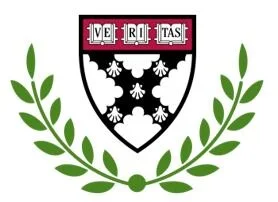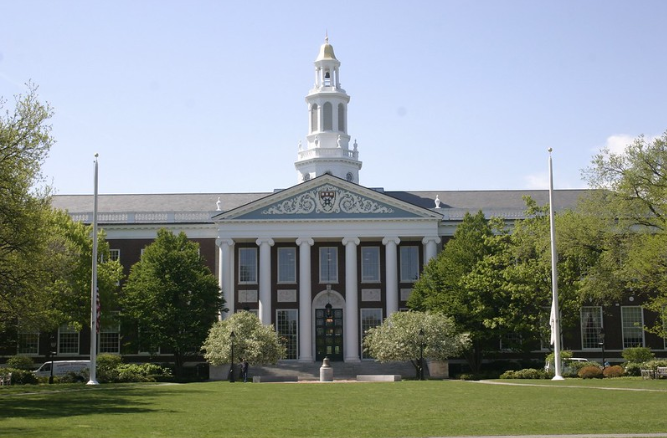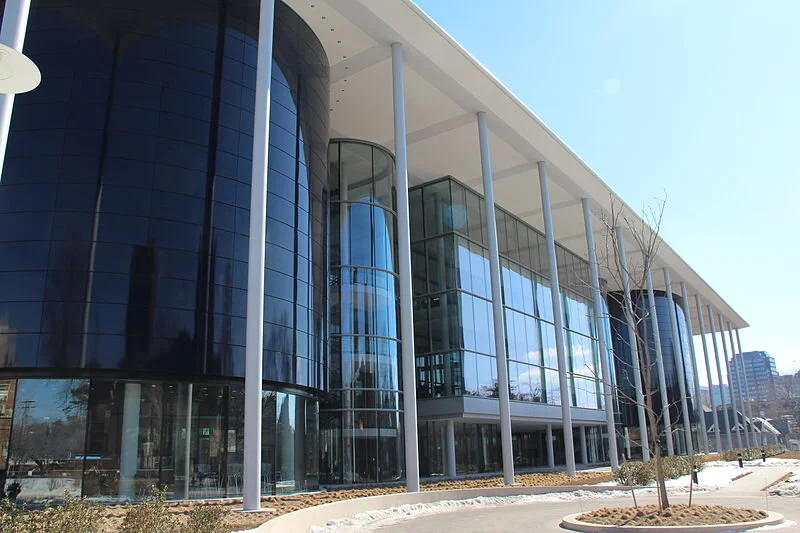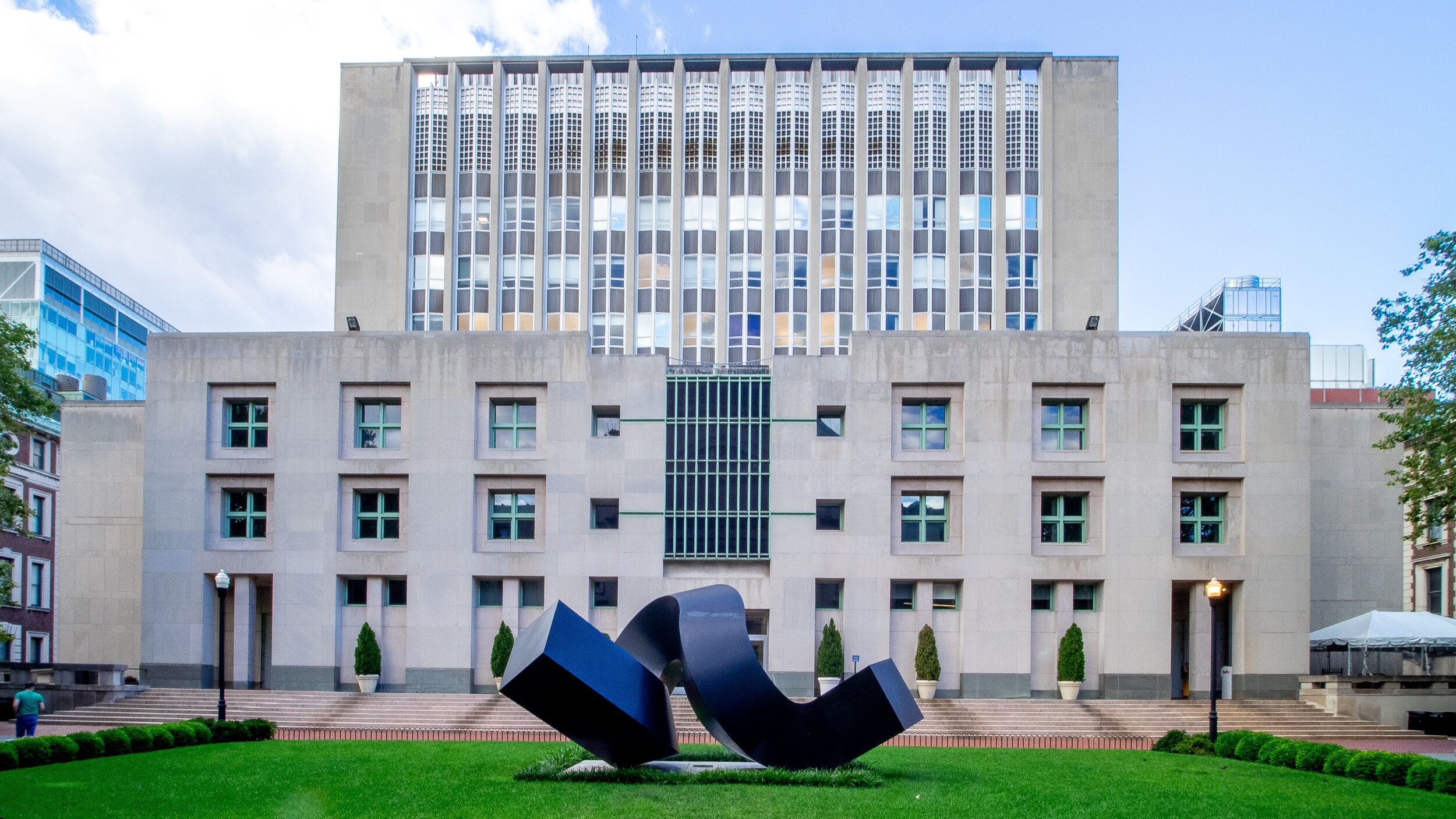Many top business schools have extended deadlines for Round 3 and deferred MBA applicants. Additionally, business schools realize that many people who had no intention of applying to business school this year may now suddenly find themselves out of a job, causing them to re-evaluate their career plans and making applying to business school seem like a good option. These extended deadlines and relaxed testing deadlines give them a chance to apply. Read on for school-specific information and helpful links.
Instead of April 2, 2020, the 2+2 new application deadline is June 1, 2020 at noon ET. Decisions will be released on July 28, 2020 at noon ET. In a blog post published by Chad Losee, Managing Director of HBS Admissions, HBS reaffirmed its commitment to international students. “Today I want to reaffirm that HBS MBA Admissions will continue to admit the most talented international and domestic applicants, irrespective of citizenship, as we strive to build a class of leaders who will make a difference in the world…Any international admitted student who is unable to start the program due to a visa issue despite their best efforts will be deferred to next year’s MBA class."
Round 3 deadline remains April 8th, 2020 at 2pm PT. Applicants are allowed to submit required exam scores after the Round 3 deadline. If you cannot submit your scores before they post decisions on May 21st, 2020 and you are considered to be a competitive applicant, they may invite you to join the waitpool until they receive your scores and can further consider your candidacy. Test scores are accepted up until August 1st, 2020. You may be invited to interview without test scores but you will not be admitted without a test score.
The deadline Round 3 has been extended to April 15th and for Advance Access to May 27th. Round 3 and Advance Access applicants can submit their applications without having sat for a standardized test. Please see the admissions website for instructions on how to enter your scores into the application. If admitted to Wharton, you will be admitted with the condition that official testing will be submitted before arriving on campus on August 10th, 2020 for Round 3 applicants and before December 31st, 2020 for Advance Access Applicants.
We will maintain our Round 3 deadline of March 30, and we will also allow applications on a rolling basis thereafter in a one-time Round 4 for those who need additional time. You can submit a Round 4 application on a rolling basis from April 1 to June 1. We’ll return decisions on a rolling basis -- as soon as possible from May 11 to July 1. You will still need all required materials to apply, including test scores. International applicants, especially those currently residing outside the U.S., are strongly encouraged to apply as soon as possible to account for expected visa delays at international embassies. Applicant-initiated interviews have been suspended for the remainder of the application cycle, while committee-initiated interviews will be conducted virtually for this cycle.
The Round 3 deadline has been extended from April 2nd, 2020 to May 31st, 2020. Applications submitted after April 2nd will receive decisions on a rolling basis. Due to global GMAT/GRE test center closures, for applications submitted by the deadlines noted above, we will accept test scores through an extended deadline of July 1, 2020.
Round 3: The timeline for MBA Round 3 remains the same. All applications must be submitted by 3:00pm EST on April 9, 2020.
Early Admission: The timeline for MBA Early Admission applications has been extended, the new deadline is June 2, 2020. All applications must be submitted by 3:00pm EST on June 2, 2020. Applicants invited to interview will be notified in mid-June and all interviews will be conducted via Skype. Final decisions for MBA Early Admission will be released on July 15, 2020.
Standardized Tests: MBA Early Admissions applicants who are unable to take and/or secure official test scores due to limited access to test facilities should email us at earlymbaadmissions.mitsloan@mit.edu to request a temporary waiver to complete the exam. If admitted, your offer will be conditional upon a minimum score set forth in your offer letter.

























